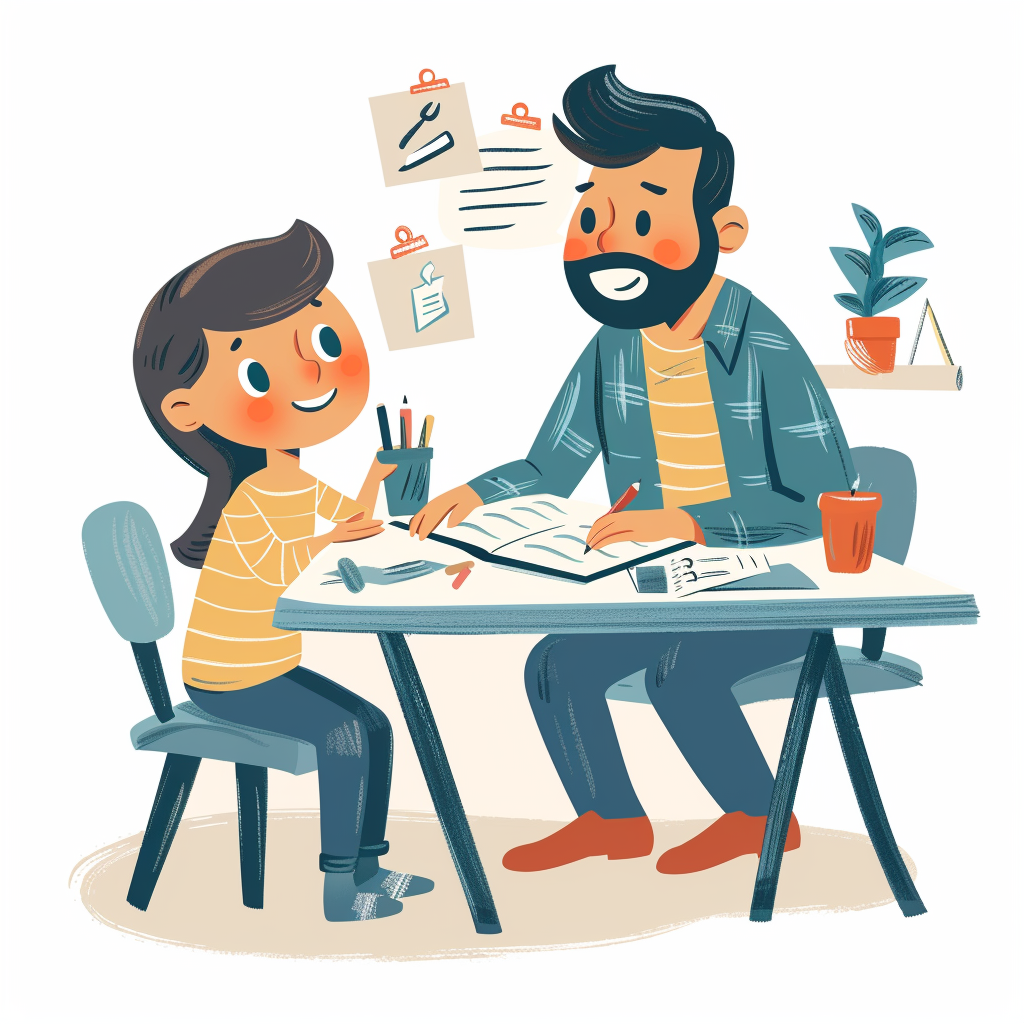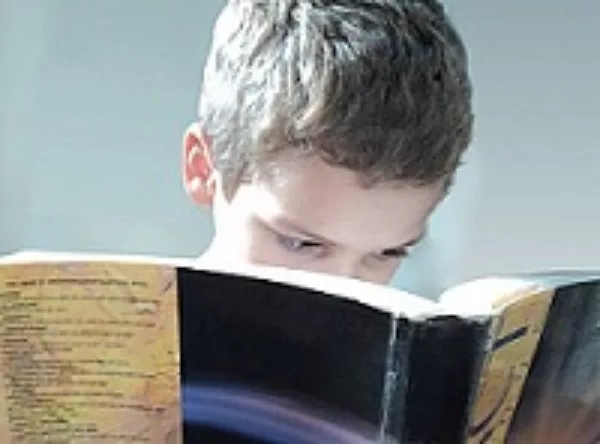Reading Strategies - Help Your Child Improve Their Reading
Let your child take charge of their learning
Access print-friendly, downloadable Maths and English resources for easy learning.
Our aim is to help children succeed at school. Supporting children in Maths and English can be made easier if you have the right resources.
Choose from our many plans or try us for free with Teach Weekly.


Learning to read is one of the most important skills children learn.
Developing a love for books is more likely to happen, if children have access to a variety of books from an early age. They will see reading as a part of life and are more likely to enjoy books. Some children are natural readers and learn to read by themselves, with very little help. Others need a little more encouragement and focus.
Why Some Children Don't Like to Read
Many children are put off books because they think they can’t read. The slow pace at which they read, means they may lose track of the story or think they will get ‘told off’ if they say words wrong. A good way to help these children is to choose a short story and read it to them first. This will give the child a good idea of what the story is about. Pointing to the words whilst you read, means they will remember some of the words when they read the story back to you.
Keeping Track of How Your Child is Reading
There are many skills and strategies children need to be taught before they become fluent readers. As adults, we use these reading skills and strategies without thinking. Children will develop different reading strategies to help them figure out unknown words. They will use a variety of strategies, some they will use all the time without thinking, others they will need to be reminded to use.
Developing Reading Skills
Below are some of the reading skills and strategies your child will be taught at school. When listening to your child read, think about which strategies they are using. Don’t worry if they don’t do all of them, they will taught to use them throughout their time at Primary School.
When listening to your child read, try and encourage them to use some of the reading strategies listed below. Before your child starts to read to you, remind them about the strategies they can use to read difficult words or what to do when they come across a word they don't know the meaning of. Encourage your child to also read to themselves for 5-10 minutes everyday.
Reading Strategies
- Sounds out unknown words
- Breaks words into syllables to help read a word
- Self corrects misread words
- Looks at the picture for visual cues
- Misses out the unknown word, carries on reading , then comes back to it
- Predicts what will happen in the story
- Looks for smaller words within longer words
- Recognises and uses punctuation
- Can infer meaning, e.g. can give a reason why something has happened based on prior knowledge or personal experiences, even though it may not be written in the text
- Can sustain silent reading
- Refers back to a word previously read correctly
- Chooses to read a variety of books, e.g. fiction and non-fiction
Join Teach My Kids for Education Worksheets
Get access to targeted worksheets for you child's year group in Maths and English.
Use Teach My Kids literacy worksheets to improve your child's writing.
Give your kids a helping hand today.
You Might Also Like To Read:
Top Tips For Reading Together With Your Child
6 Ways To Encourage 4-8 Year Olds To Retell A Story (Speaking & Writing)
Phonics Screening Test - Information and Sample Papers
Phonic Reading Test - Good or Bad?
Top Ten Tips for Parents Evening
How to Get Your Child to Learn Without Lifting a Finger!
Free Literacy Worksheets:

Don't take our word for it...
"Amazing site just renewed my subscription for the second year. This site is well structured and has helped to assure me that the work we do at home co-ordinates and strengthens the work done at school."
"Teach My Kids is a fantastic resource. We use the work sheets to reinforce the Maths and English that our children, James 9 and Katie 8, are learning at school. They are ideal for when we have a spare 10 – 15 minutes, and also give us as parents the opportunity to see how much our kids know!
As and when the work sheets are completed, I log in and tick them as completed, so it’s clear which topics have been covered. I try to do 2 - 4 of worksheets a week and feel that they are of great benefit to both our children.
I would definitely recommend ‘Teach My Kids’, it’s fantastic value for money and if you have any questions or queries these are answered promptly."
"I have found the ‘Teach my Kids’ website to be very helpful and informative. The worksheets met my children’s individual needs at a time when I was struggling with ways in which to support them. They were very easy to follow have made a real impact on their confidence in Maths and English.
The website is clear and well thought out and easy for anyone to follow. Any queries are responded to promptly. A great website for parents!"
"Teach My Kids has all the ingredients of the National Curriculum and above all good lesson planning. Such an excellent tool for parents and children. The worksheets are attractive and easy to read and follow. Excellent lively illustrations. I am impressed by the rewards systems and learning path progress. The learning paths are well constructed and brilliant because all the children in the family can use it. Very useful advice to parents.
I would encouraged parents towards this user friendly and excellent web site."
"Teach my kids is a very valuable website! Great worksheets available that help me and my child on her sometimes confusing learning path. Fabulous helpful and friendly owners, would highly recommend!"
"I have been with Teach My Kids for a few months and can see an improvement in my daughter. The rewards have helped her stay focused."




